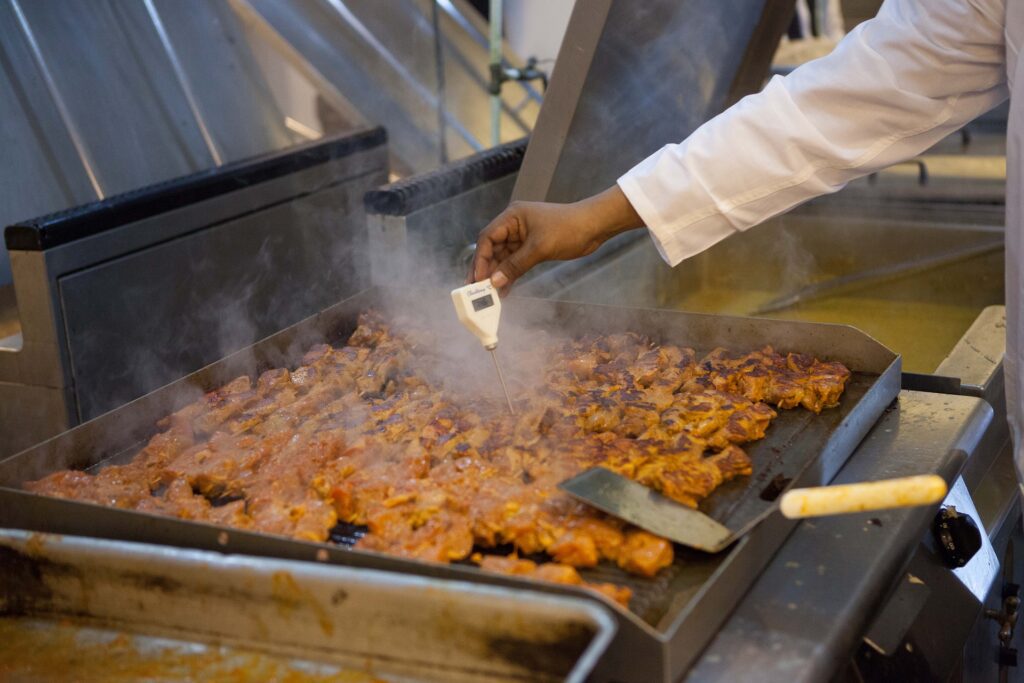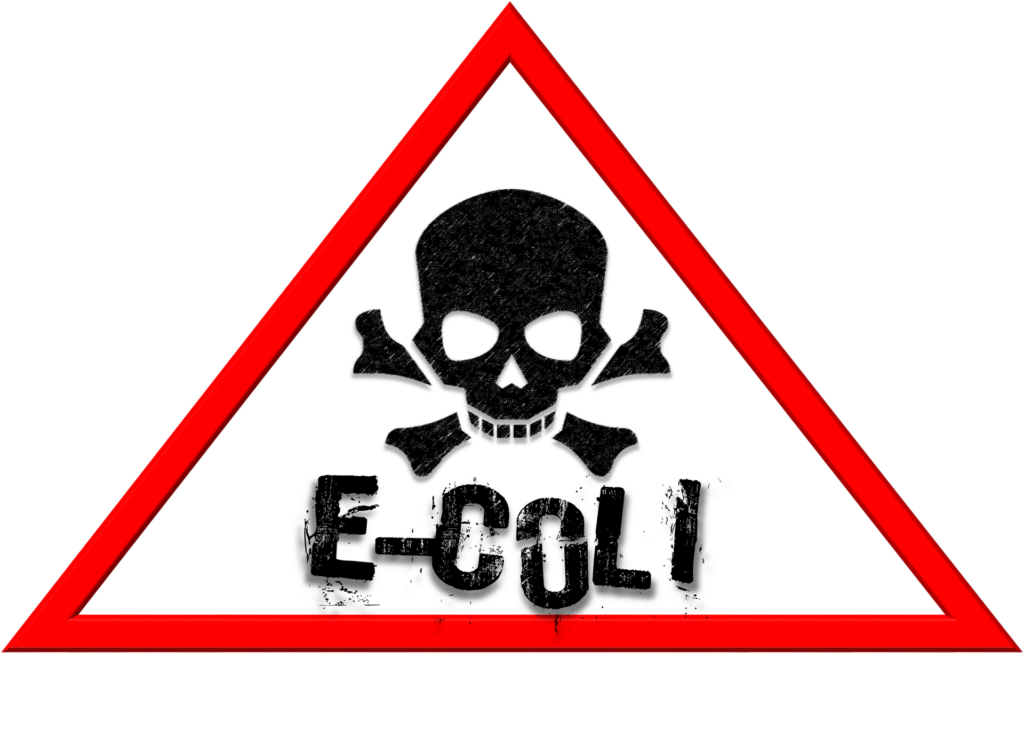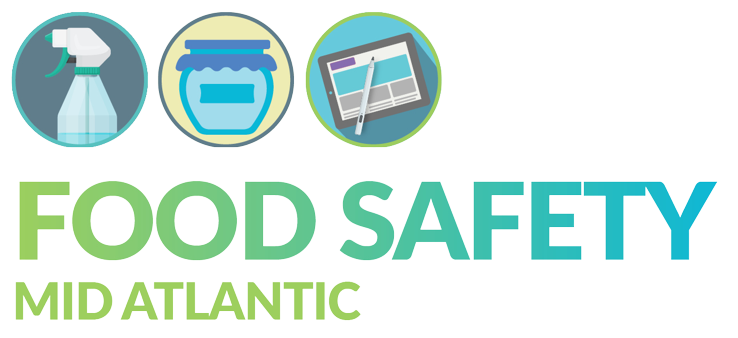
For my book, I am looking for definitions for topics that I, as a food scientist, might consider obvious. Thus, last week I found myself looking for a definition of food safety. This was not something I thought would be hard to find. However, I couldn’t find a decent definition in introductory food science textbooks. There are many people and organizations are involved in food safety. Surely one of them has a good generally understandable definition of food safety?
Many websites start a food safety discussion with the consequences of having an unsafe food supply. While this is enormously important and one of the main reasons I am a food safety consultant, this wasn’t a definition so I searched further.
I found three definitions (USDA, Australian Institute of Food Safety and EUFIC) which I combined to come up with my own definition:
Food safety is ensuring that our food does not harm us in the short term.
I use harm because this covers all three hazards that make food unsafe in the short term:
- Biological hazards are the bacteria and viruses which lead to food poisoning, which is the way that most of us think food will be unsafe.
- Chemical hazards include allergens as well as toxic chemicals such as sanitizer solution which we don’t want in our food.
- Physical hazards such as bones and rocks that may break teeth or cause choking in children.
It is important that food producers, from farmers to caterers, accept their responsibility in making safe food and in making sure that they follow recognized standard practices. Some of these standard practices include:
Food safety does not consider the long term effects of food except for the presence of carcinogens such as aflatoxins from badly stored peanuts. Chronic harm caused by food includes the detrimental health effects caused by eating a diet high in calories and low in nutrients. Poor health outcomes from such a diet includes chronic diseases such as diabetes, obesity, and heart disease. What is the responsibility of farmers, food manufacturers, supermarkets and consumers when it comes to these long term hazards?

- Personnel hygiene
- Sanitation
- Good manufacturing practices (or good food handling practices if you are a farmer)
- A food safety or HACCP plan to control hazards
Preventing food from harming us is the responsibility of everyone in the food chain from farmers to consumers. There are standard practices that we know will make food safe (see CDC five risk factors and HARM, HACCP) and there are regulations to make sure that manufacturers and other food producers to put controls in place to minimize risk and do the best they can to make safe food.
None of this lets off the consumer from their responsibilities towards food safety. It does make sure that little errors at home will not have huge consequences.
What is your definition of food safety? As you know I love talking about food safety. If you do too grab a spot on my schedule and we can chat until mold grows on my cheese!. Looking forward to hearing from you soon.

